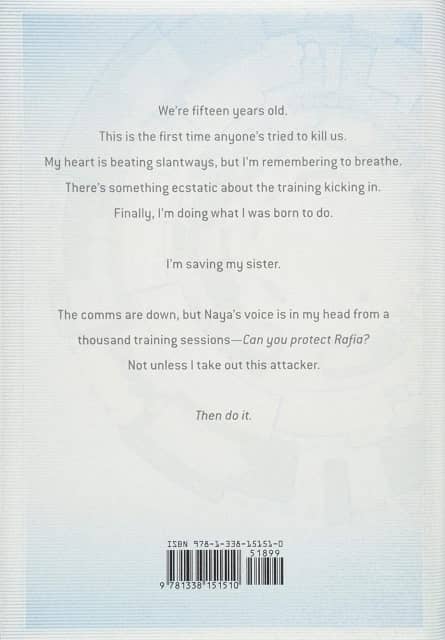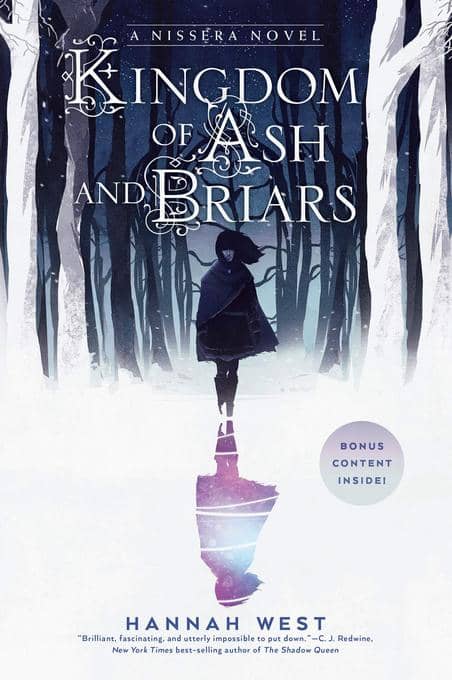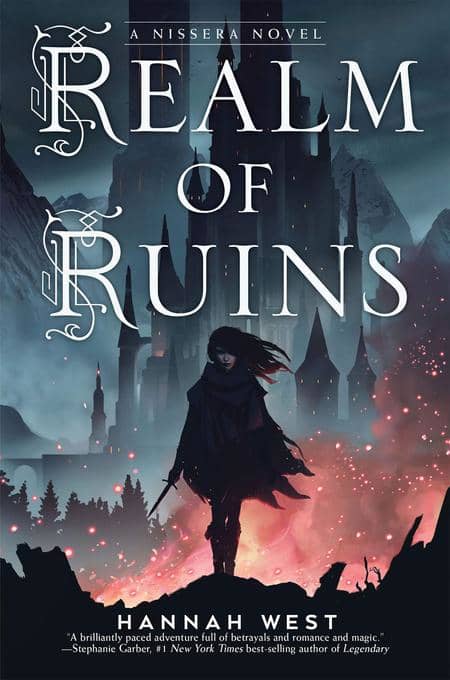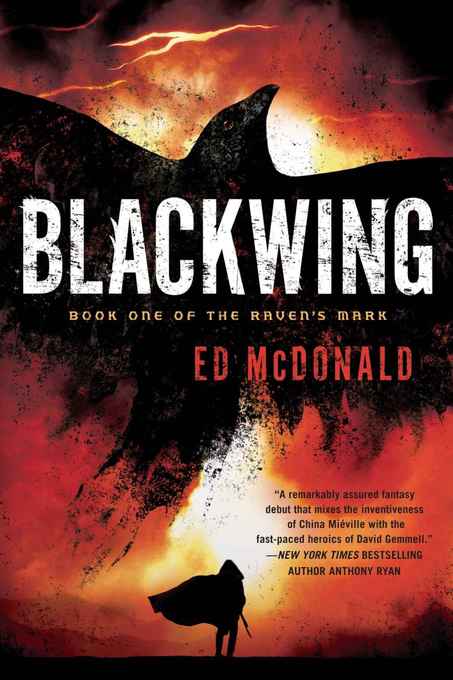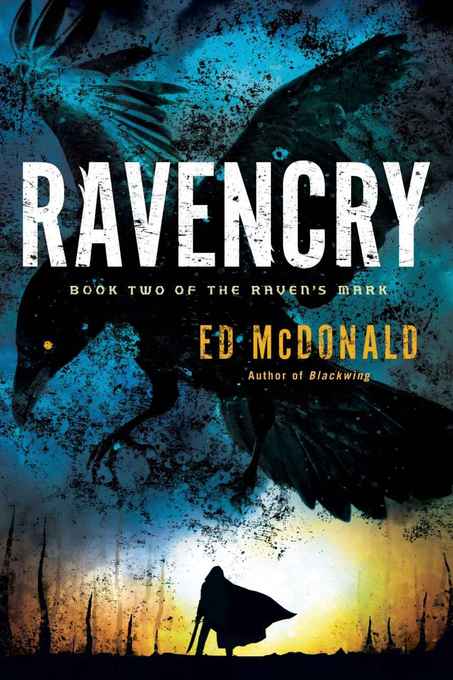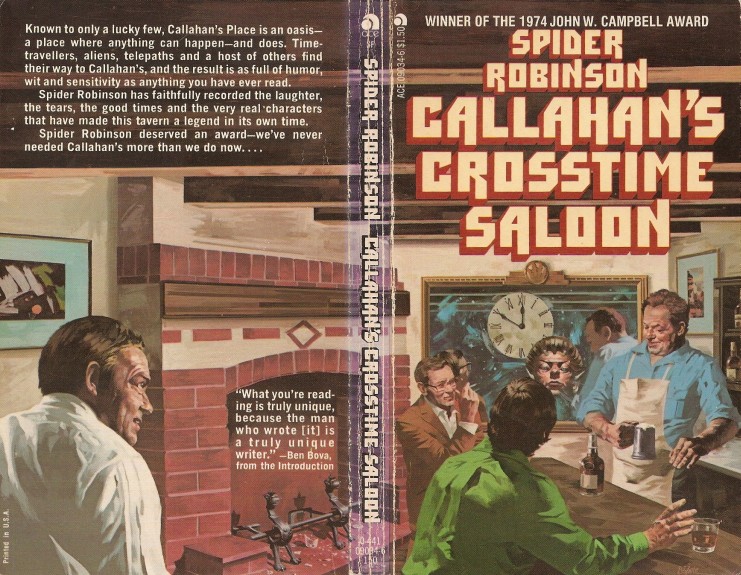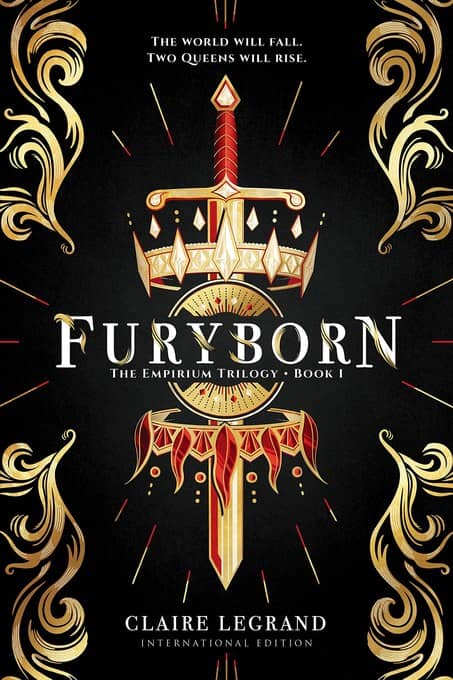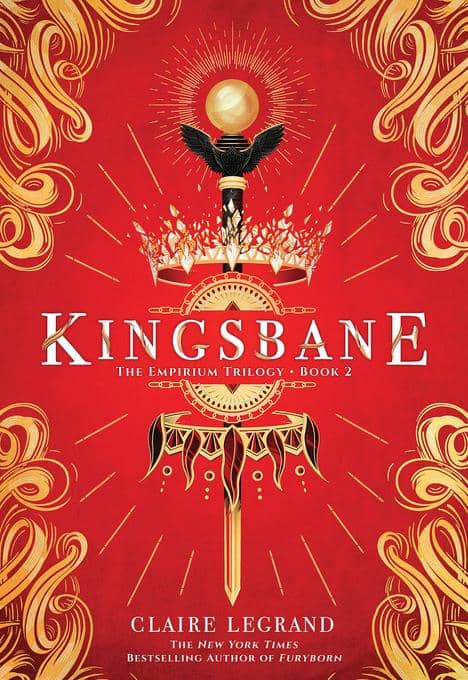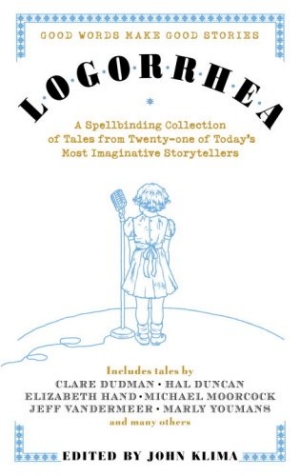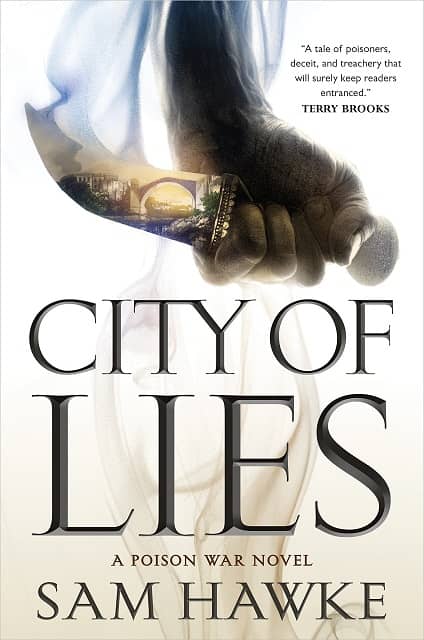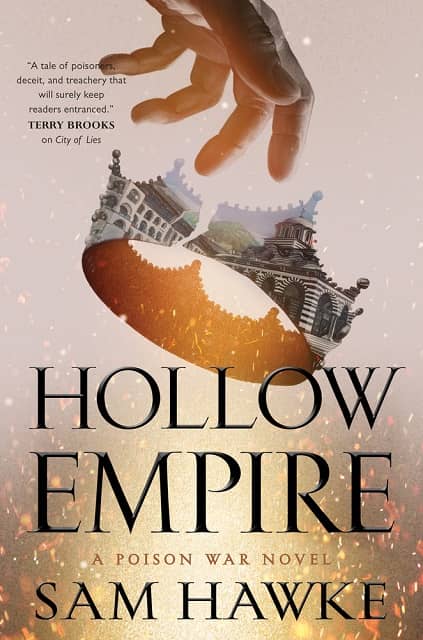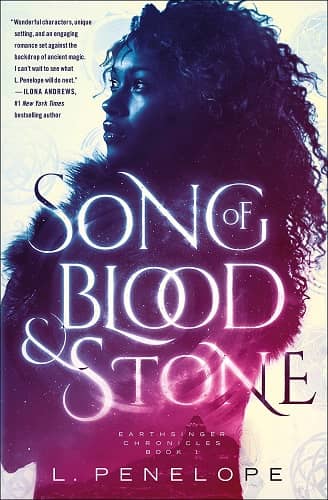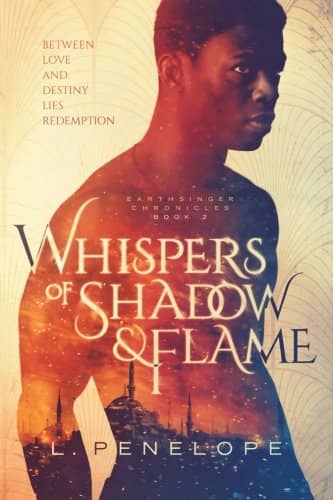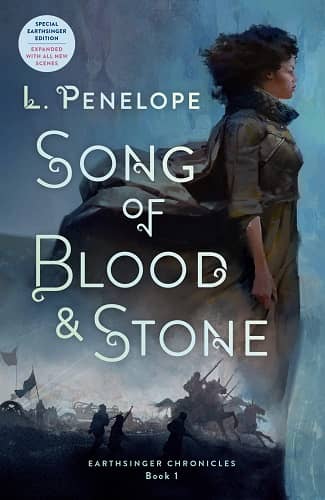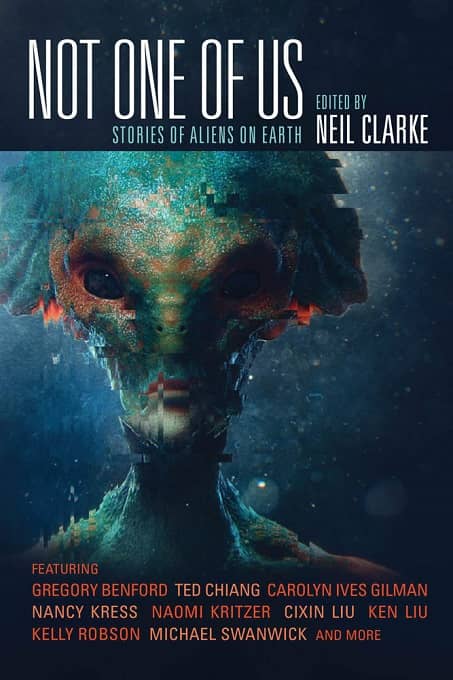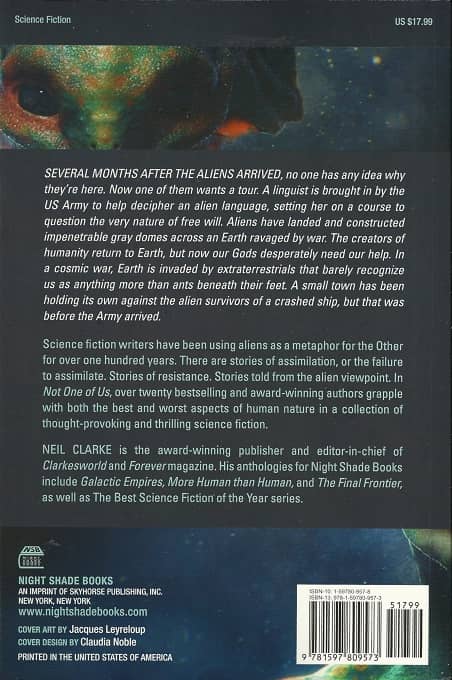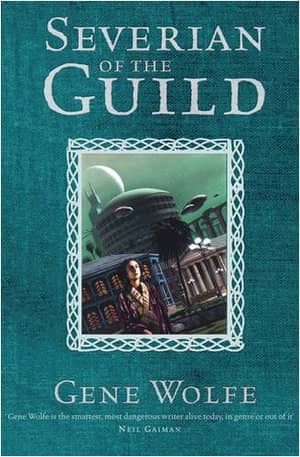 Despite being one of the densest sci-fi/fantasy works I’ve ever read, packed with Classical and Biblical allusions as well as being an homage to the dying Earth genre, Gene Wolfe’s four-volume The Book of the New Sun is magnificently compelling. While it can be read, just barely, as an adventure story, it’s so much more — and missing out on the “so much more” would be a crime. According to Wolfe, in the valuable series companion, The Castle of the Otter, he wanted to create a vast and believable fantastic setting with many distinct lands and cultures, and tell the story of “a young man approaching war.” He accomplished both these things and more. The story is not just of one young man’s salvation, but also of his emergence as his world’s savior. If these themes alone don’t spark your interest, let me add that they’re all conveyed in some of the flat out best writing I’ve ever read.
Despite being one of the densest sci-fi/fantasy works I’ve ever read, packed with Classical and Biblical allusions as well as being an homage to the dying Earth genre, Gene Wolfe’s four-volume The Book of the New Sun is magnificently compelling. While it can be read, just barely, as an adventure story, it’s so much more — and missing out on the “so much more” would be a crime. According to Wolfe, in the valuable series companion, The Castle of the Otter, he wanted to create a vast and believable fantastic setting with many distinct lands and cultures, and tell the story of “a young man approaching war.” He accomplished both these things and more. The story is not just of one young man’s salvation, but also of his emergence as his world’s savior. If these themes alone don’t spark your interest, let me add that they’re all conveyed in some of the flat out best writing I’ve ever read.
Looking back over all four books, it’s far easier to discern what Wolfe was doing than when I was in the middle of them. Severian, while he has an eidetic memory, regularly withholds or presents information so as to make himself appear in the best possible light. The second book in particular, The Claw of the Conciliator, left me puzzled, to say the least. While the other three books, The Shadow of the Torturer, The Sword of the Lictor, and The Citadel of the Autarch present as mostly linear accounts of Severian’s adventures, much of Claw is made up of mysterious visions, inscrutable dreams, and encounters seemingly untethered to the rest of Severian’s reality. Over the following two books, new and previously omitted details are provided by Severian and the series’ arc becomes more clear. Severian, no matter how kindly he is, was bred to violence. Gradually his growing empathy and eventual revulsion at the things he has been trained to do are transforming. The battles between the bandits and the Ascians in which he participates in Citadel serve the same purpose. From the perspective of the last pages much of the mystery of Claw makes sense. Severian is a man cut loose from literally everything and everyone he has known and is finding the world a duplicitous and unjust place. The weirdness reflects the massive spiritual and mental dislocation he is suffering.
In the dying Earth elements of The Book of the New Sun there are obvious summonings of the spirits of William Hope Hodgson and Clark Ashton Smith. The secret identity of the reigning Autarch and some of the Christian elements are more than reminiscent of G.K. Chesterton. The ancient rituals, dank chambers and dark tunnels of the torturers and the Matachin Tower echo much of Mervyn Peake’s Gormenghast trilogy. It’s Cordwainer Smith and his Instrumentality of Mankind stories I am most reminded of after finishing all four of Wolfe’s books. Like Smith, Wolfe is concerned with human stagnation.
…
Read More Read More

